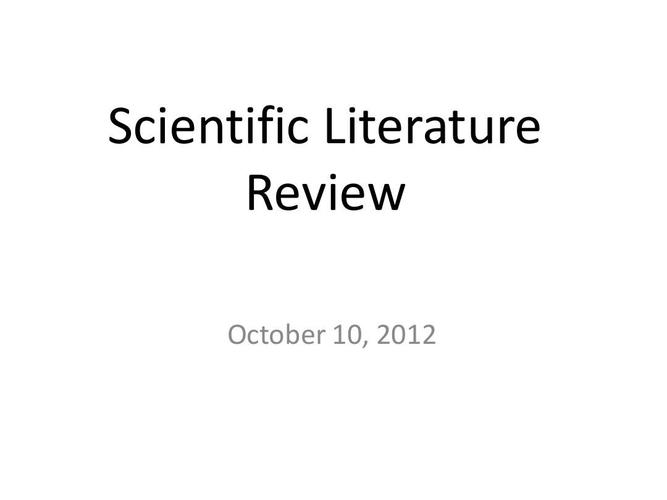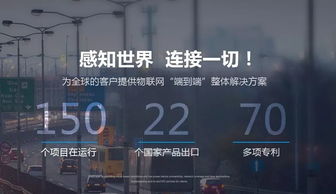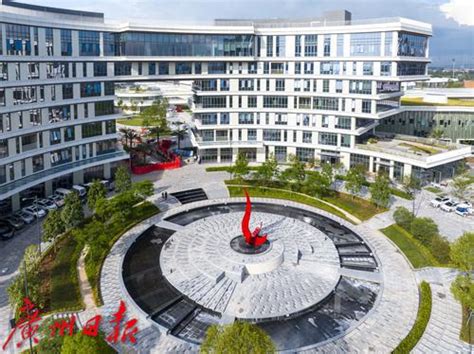The impact of AI and Automation on the Future of Work
Technological advancements in the field of Artificial Intelligence (AI) and Automation have significantly transformed various industries, leading to a widespread impact on the future of work. This impact encompasses changes in the nature of jobs, required skill sets, and work environments. As we delve into the implications of AI and automation, it becomes evident that the future of work is poised to undergo substantial changes, presenting both challenges and opportunities.
1. Job Displacement and Creation
One of the primary concerns regarding AI and automation is the potential displacement of jobs. With the automation of repetitive and routine tasks, certain jobs may become obsolete, affecting those in roles such as manufacturing, data entry, and customer service. However, it is essential to recognize that while some jobs may be displaced, new roles are likely to emerge. These new positions will be centered around the development, maintenance, and supervision of AI systems, as well as roles that require a high degree of human creativity, emotional intelligence, and critical thinking, areas where machines currently struggle to match human capabilities.
2. Skill Evolution
The integration of AI and automation will lead to an evolution in the skills demanded by the workforce. Routine tasks that can be automated will require fewer human workers, leading to a greater emphasis on skills such as complex problemsolving, creativity, and emotional intelligence. Therefore, there is a growing need for individuals to adapt and acquire skills that are less susceptible to be replaced by technology. This highlights the importance of continuous learning and upskilling to remain relevant in the evolving job market.

3. Workforce Flexibility and Remote Collaboration
Advancements in technology have facilitated remote work and virtual collaboration. The COVID19 pandemic further accelerated this shift towards remote work, demonstrating the feasibility and benefits of working from home. As AI and automation continue to shape the future of work, organizations are likely to embrace workforce flexibility, allowing employees to work from diverse locations. This flexibility provides opportunities for companies to access a global talent pool and for employees to achieve a better worklife balance.
4. Ethical and Regulatory Considerations
As AI and automation become more prevalent in the workplace, ethical considerations arise regarding data privacy, algorithm biases, and the impact on job security. It is imperative for organizations and policymakers to establish clear guidelines and regulations to ensure the ethical and fair implementation of these technologies. Additionally, measures need to be put in place to address potential job displacement and provide support for affected workers through retraining programs and social safety nets.
5. Opportunities for Innovation and Growth
Despite the challenges presented by AI and automation, these technologies offer significant opportunities for innovation and economic growth. Businesses can harness AI to enhance productivity, optimize decisionmaking processes, and create new products and services. Furthermore, the automation of repetitive tasks can lead to cost savings and efficiency improvements, ultimately driving economic development.
In conclusion, the integration of AI and automation into the workforce will undoubtedly reshape the future of work, necessitating proactive adaptation and strategic planning from both individuals and organizations. Embracing the evolving skill requirements, leveraging the benefits of remote collaboration, and addressing ethical considerations will be crucial in navigating this transformative period. By embracing these changes, the future of work has the potential to be characterized by increased efficiency, innovation, and new opportunities for career growth and development.









